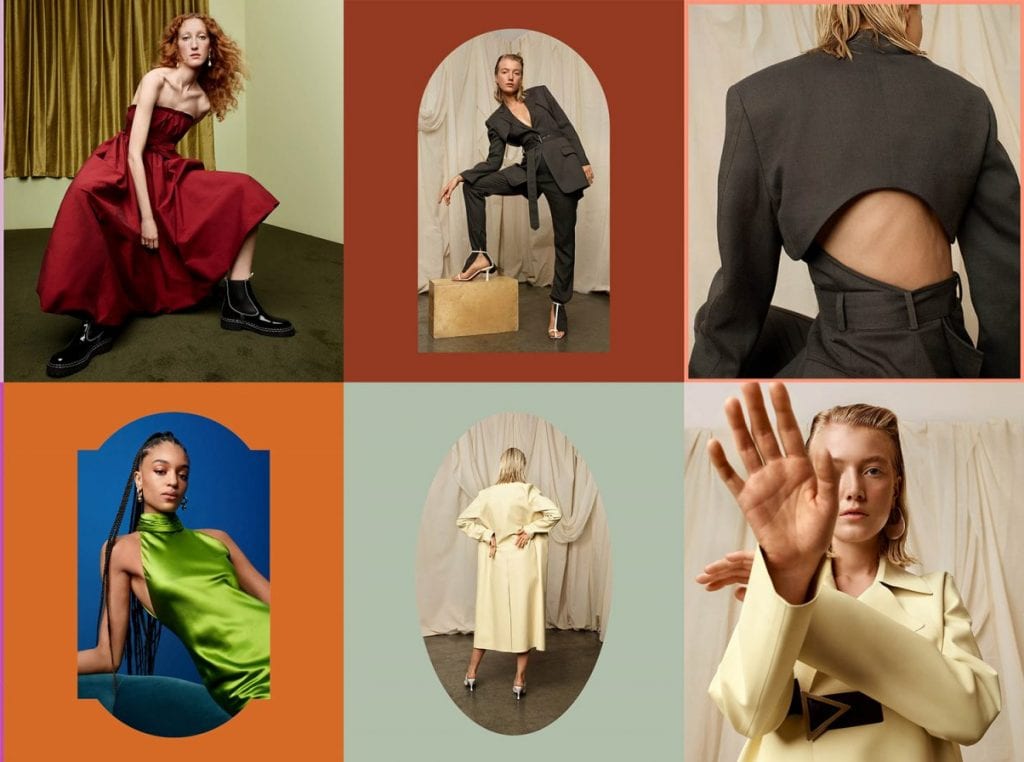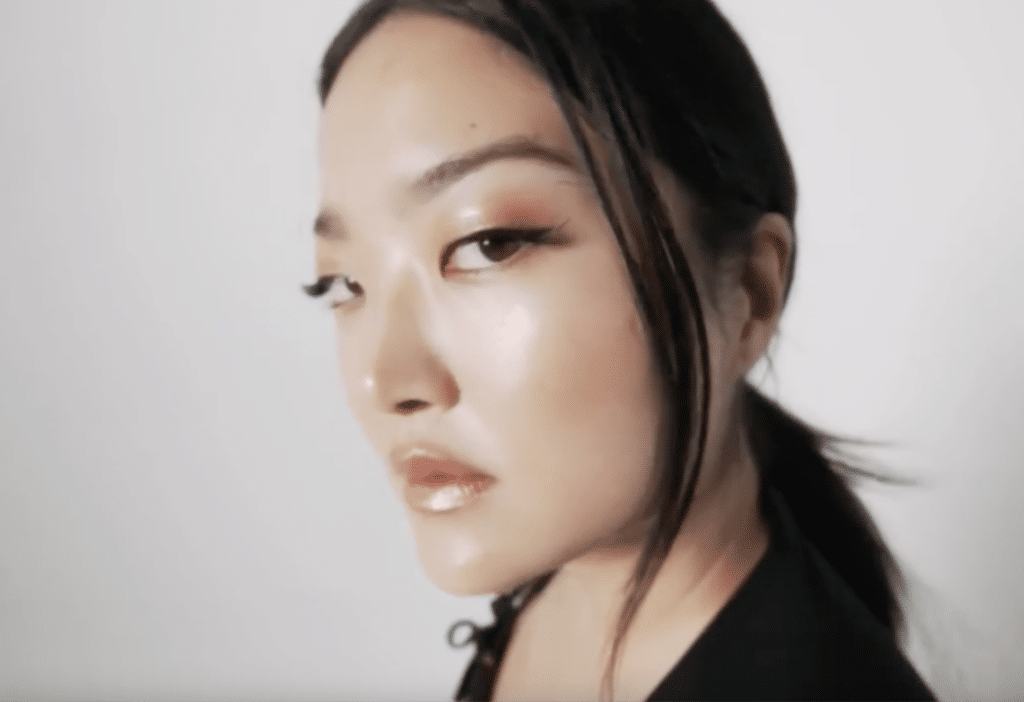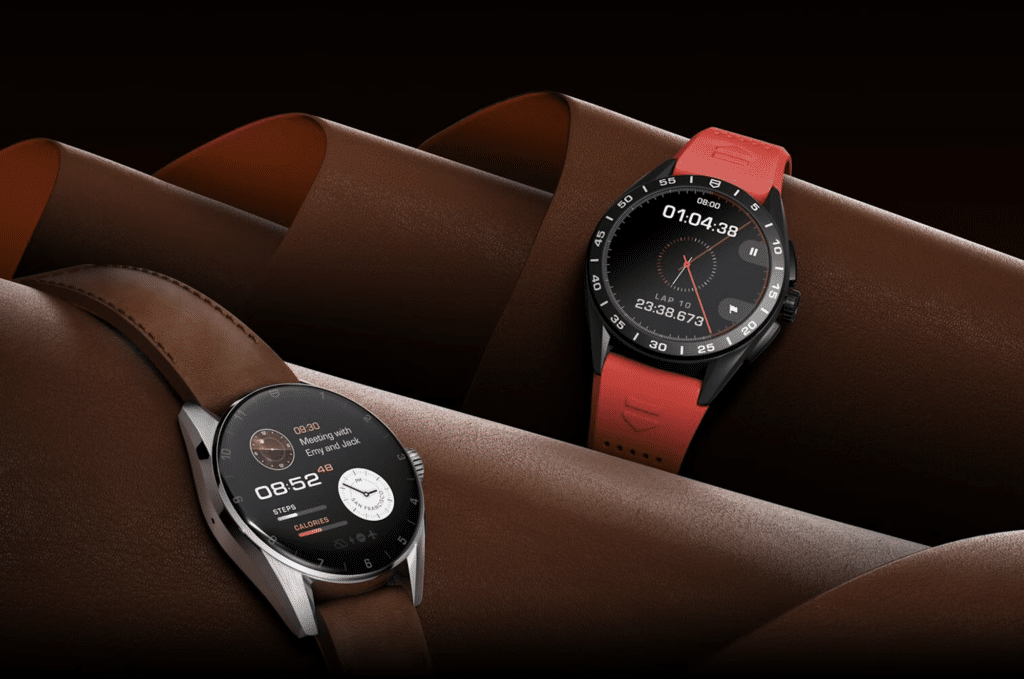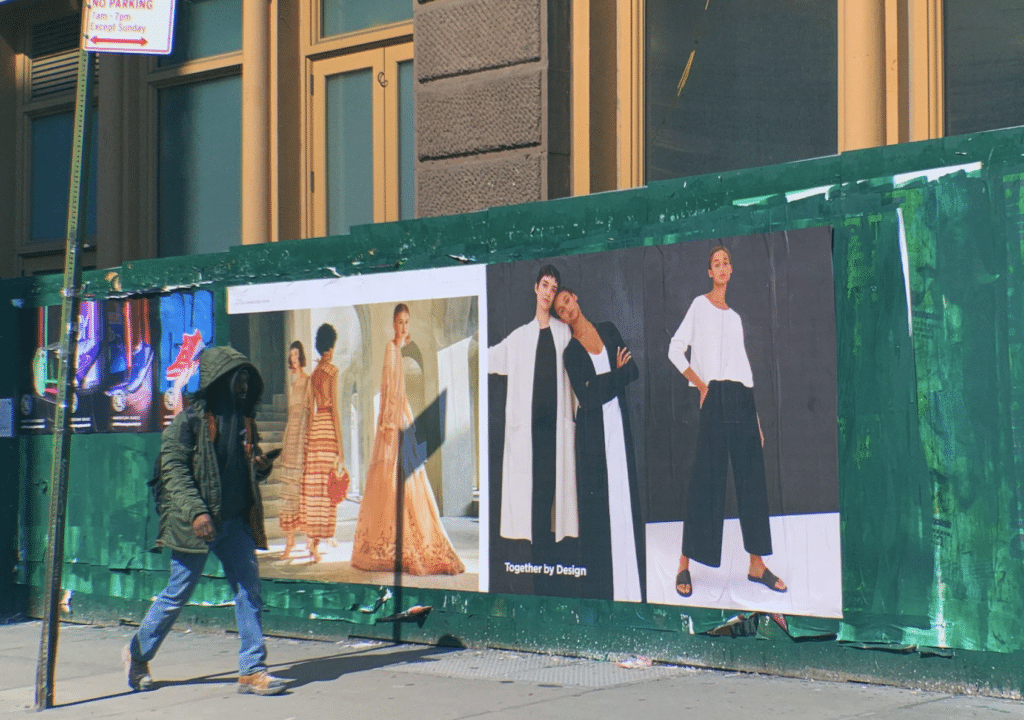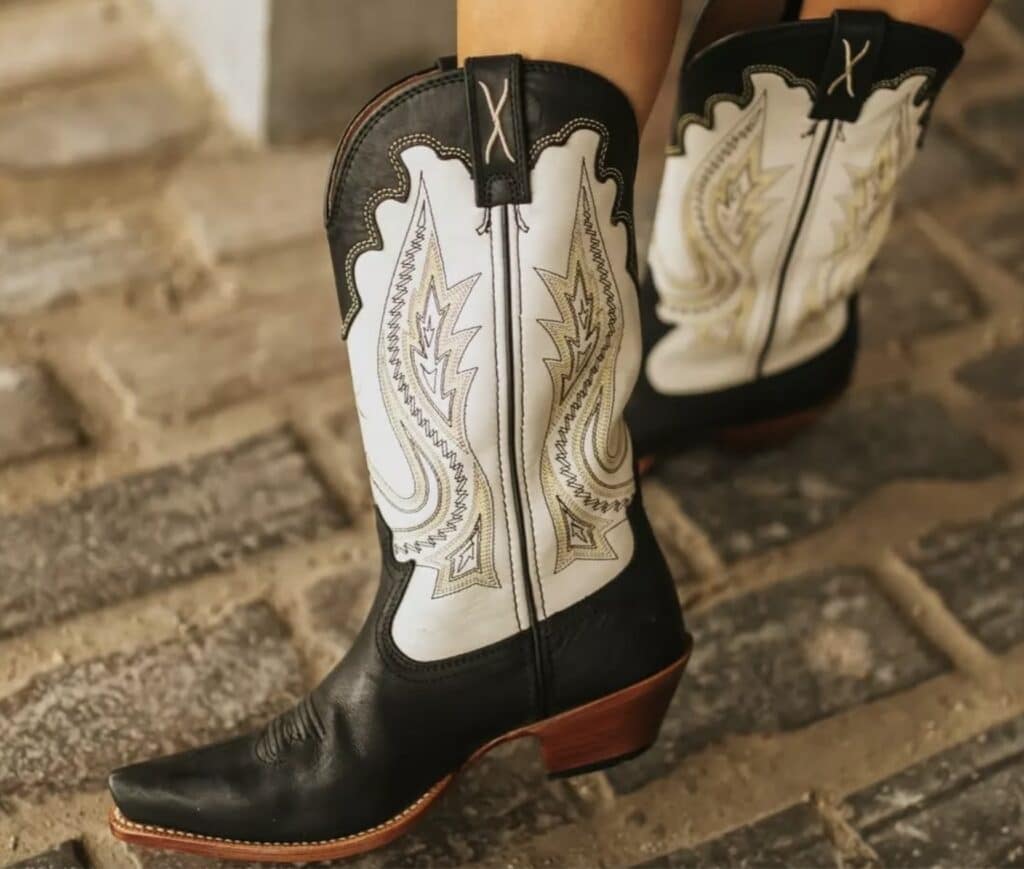A group of nearly 50 models is suing Vogue’s parent company Conde Nast and fashion pre-sale site Moda Operandi for allegedly using images of them to sell high fashion garments and accessories without their permission. In a newly-filed complaint, dozens of well-known models –who have appeared in dozens of ad campaigns and worked with the likes of Chanel, Dior, Louis Vuitton, Versace, Prada, and Lanvin, as well as Nike, Zara, H&M, Revlon, and Victoria’s Secret – claim that both Moda Operandi and Vogue “broadly” used images of them despite knowing that their authorization was required.
According to the 87-page complaint, which was filed in a New York federal court this month, 44 models represented by the model management company, Next Management, LLC – including Anok Yai, Abby Champion, Grace Elizabeth, Grace Hartzel, Linsiey Montero, Anna Cleveland, and Binx Walton, among others – allege that they are professional models “who are routinely hired by companies for their modeling services to sell products,” and are all “well known in and to (at least) the modeling industry, and [their] image, identity and persona identity have been exposed and are known to the general public.”
Despite being “sophisticated licensors and licensees of intellectual property and knowing that a model release is required to use a person’s name or image or likeness for trade, advertising or commercial purposes,” the plaintiffs claim that Moda Operandi and Vogue used their images on their respective websites for “trade, advertising and commercial purposes.” The problem? At no time did either of the defendants “seek or obtain the prior written consent from any of the plaintiff(s) for the complained of uses of their images.”
The models claim that Moda Operandi used images of them – from images and videos of them walking in runway shows to images of them backstage at runway shows – “to steer traffic to the modaoperandi.com website for its sole economic gain.” At the same time, they argue that Vogue used photos of them – including ones presumably taken by Vogue photographers (hence, the lack of copyright infringement claims) – on “the website vogue.com to market, promote, advertise and solicit sales of [high fashion] products by Moda Operandi.” For instance, Vogue “has published images of the plaintiffs in its runway galleries with a red pop-up icon of a shopping bag on the of the images and the text ‘SHOP THIS LOOK.’”
Such unauthorized uses of their images and likeness, the plaintiffs argue, “are knowing and pervasive” and fly in the face of the fact that their “livelihood is based upon their respective image, persona, face and physical attributes and how such images may serve to promote or advertise the sale of products or services.”
Such “knowing use and consciousness of liability under State & Federal Statutes” was demonstrated by Moda Operandi, the models argue, as the popular trunk show site “cropped, altered, and otherwise modified some of the [images of the] plaintiffs in an effort to avoid and circumvent the New York Civil Rights Law sections 50, 51 and The Lanham Act.” By “altering, mutilating, and radically changing such public images of the plaintiffs,” the models argue that Moda Operandi engaged “in a cynical effort to avoid liability under state and federal law … with full knowledge that it had not sought or obtained permission from any of the plaintiffs.”
Against that background, the models claim that their counsel sent cease and desist letters to Conde Nast and Moda Operandi in April 2020, but despite communications from both of the defendants, including entering into “a confidentiality agreement so that Vogue could provide certain pre-suit disclosures on a confidential basis and for settlement purposes,” the parties have not reached settlements and the photos remain on both parties’ websites.
The models set out claims of false designation of origin on the basis that “the general public is likely to be, and has been, deceived and/or confused into thinking that the plaintiffs have provided their respective sponsorship or approval to the services offered by Moda Operandi and Vogue,” and violations of New York Civil Rights Law sections 50 and 51, which protect against the unauthorized use of another’s likeness for a commercial purpose. They are seeking compensatory and exemplary damages to be determined at trial, and a permanent injunction to bar the defendants from making such alleged unauthorized uses of their images going forward.
Notably not on the list of causes of action set forth by the plaintiffs? Copyright infringement. Such allegations are likely not in play here in part because: 1) the models are not the photographers of the images at issue and thus, do not have copyright rights in the images (regardless of the fact that they are the subjects of the photos); and 2) Moda Operandi and Vogue own or otherwise licensed the imagery from the copyright holders (i.e., the photographers and/or whoever the photographers assigned their rights to).
With that in mind, the case is interesting in that the models are essentially asserting that it is not enough that the two defendants were legally permitted to use the images from a copyright perspective since they either licensed or were otherwise legally permitted to use the images, themselves (either because a Vogue-hired photographer took the images and/or Moda Operandi licensed the images from the copyright holder or received permission to use them). In accordance with the models’ assertions, Moda Operandi and Vogue should have gone a step beyond the copyright licensing and received their formal authorization to use their likenesses since the use at issue is commercial in nature.
The lawsuit mirrors one that a group of Next-represented models filed against The RealReal in February 2017, arguing that the luxury resale site used their images and likenesses without the authorization to do so. To be exact, models, such as Anastasia Kolganova, Astrid Baarsma, Leona “Binx” Walton, Briley Jones, Crista Cober, Daniela Witt, Georgia Hilmer, Grace Hartzel, Hedvig Palm, Julie Flemming, and Lineisy Montego, claimed that San Francisco-based The RealReal – by way of the array of street style photos that it uses on its site and in its email marketing campaigns – is “trading on their image and likeness to market and promote the use of [The RealReal’s] services to sell products through [its] marketplace.” The parties ultimately settled that case out of court several months after it was filed.
A rep for Moda Operandi told TFL that the company has no comment at this time. Conde Nast did not immediately respond to a request for comment.
*The case is Champion et al., v. Moda Operandi, Advance Publications d/b/a/ Conde Nast, 1:20-cv-07255 (SDNY).







